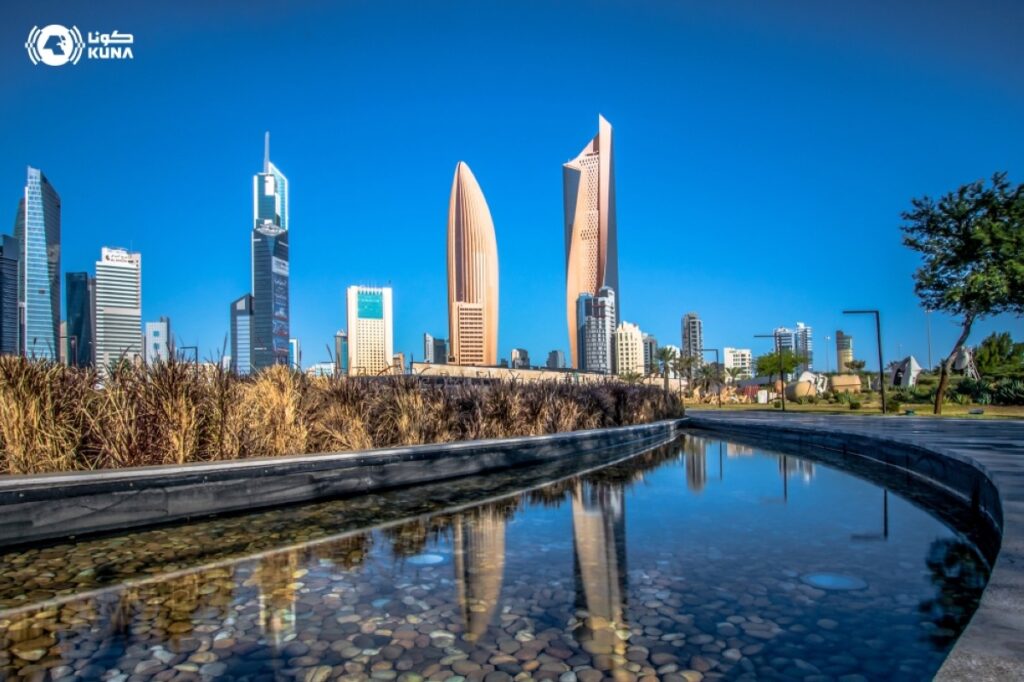KUWAIT: Kuwait’s sovereign wealth fund ranks among the top 10 largest in the world, holding an estimated $1.029 trillion in assets — about 7.2 percent of the total global sovereign wealth fund value, according to a July report by the Sovereign Wealth Fund Institute (SWFI), cited in Al-Shall Consulting’s latest weekly economic report.
The global total of sovereign wealth fund (SWF) assets now stands at an estimated $14.3 trillion, with the top 10 funds controlling a dominant 69.4 percent share — or nearly $9.93 trillion. Kuwait’s share of the top 10 alone accounts for 10.4 percent.
The SWFI list includes two Chinese and two Singaporean funds, which, if combined, would effectively mean the top 10 represents the eight largest global players. China leads the ranking with a combined sovereign wealth fund value of $2.422 trillion, followed by Norway’s Government Pension Fund Global at $1.739 trillion. Singapore’s two funds — GIC and Temasek — jointly hold $1.315 trillion. The Abu Dhabi Investment Authority comes next with $1.058 trillion.
Kuwait’s position at fifth place is just ahead of Saudi Arabia, whose Public Investment Fund is valued at $941 billion. Qatar ranks lower on the list with its fund valued at $526 billion. Notably, the UAE has a total of seven funds, but the report focuses only on individual entities and excludes aggregated figures.
Al-Shall emphasized that the figures “are not necessarily precise,” noting that “other institutions, such as credit rating agencies, offer alternative estimates, often lower of these fund valuations.”
Beyond just size, sovereign wealth funds play different roles depending on the countries they represent. Norway’s fund is globally recognized for its transparency and clear mission: to replace the country’s oil and gas revenues with a sustainable, income-generating asset. All its policies and activities are published and updated daily.
In contrast, China’s funds serve broader economic and geopolitical goals. “They act as emergency reserves to stabilize the economy in times of crisis, but more importantly, they function as tools to expand China’s Belt and Road Initiative across the widest possible global footprint,” the report noted.
Kuwait’s wealth fund, Al-Shall argued, should ideally serve two core objectives: “Contributing to the diversification of the country’s GDP drivers by identifying and investing in targeted sectors of goods and services production,” and “developing a sustainable income stream from its investments to support the restructuring and reclassification of public revenue sources.”
This approach, the report added, “entails assuming a measured level of risk and targeting a certain percentage of return on investment,” which can help the country gradually reduce its heavy reliance on oil revenues — a commodity becoming “increasingly less competitive.”

